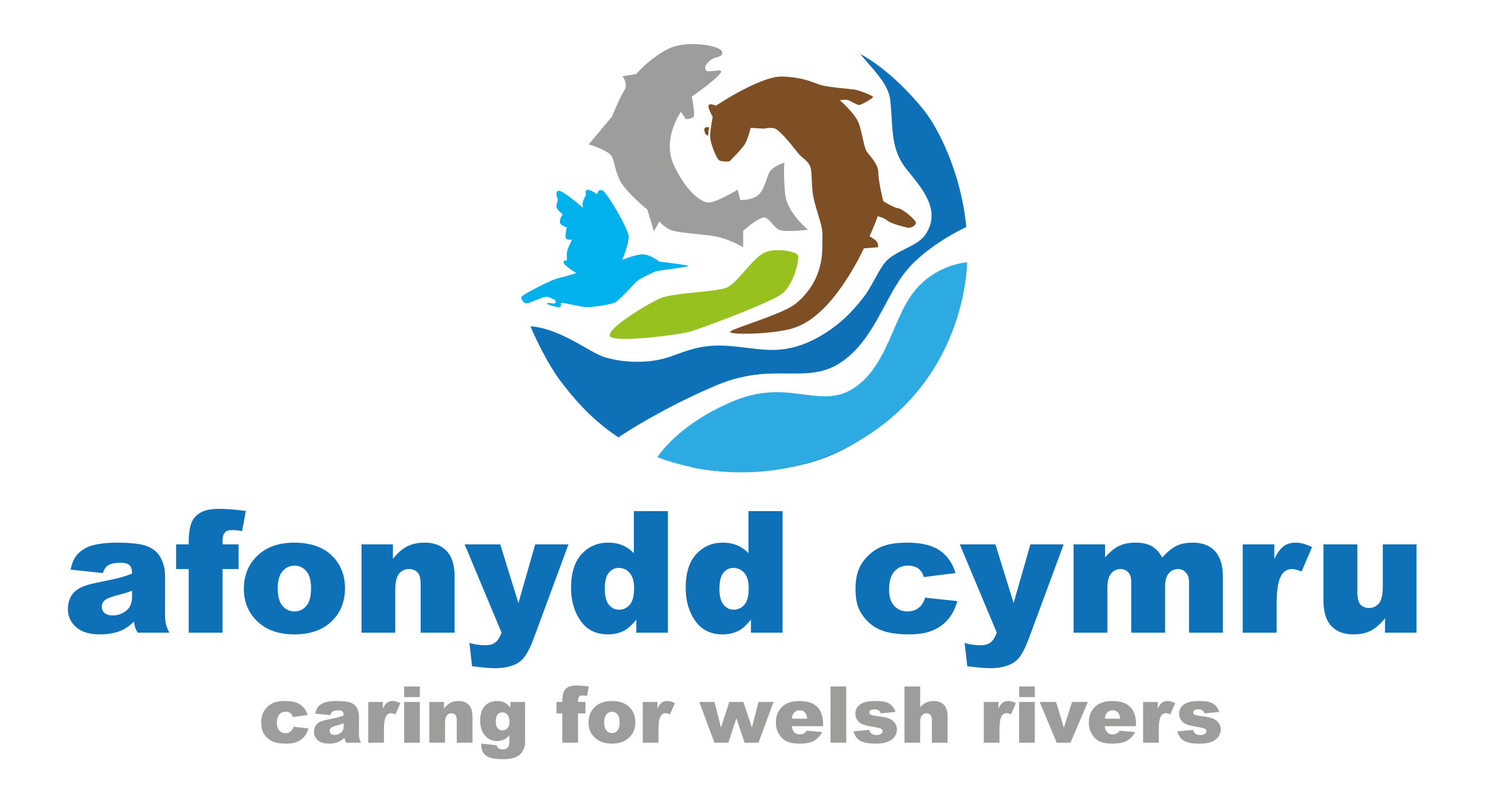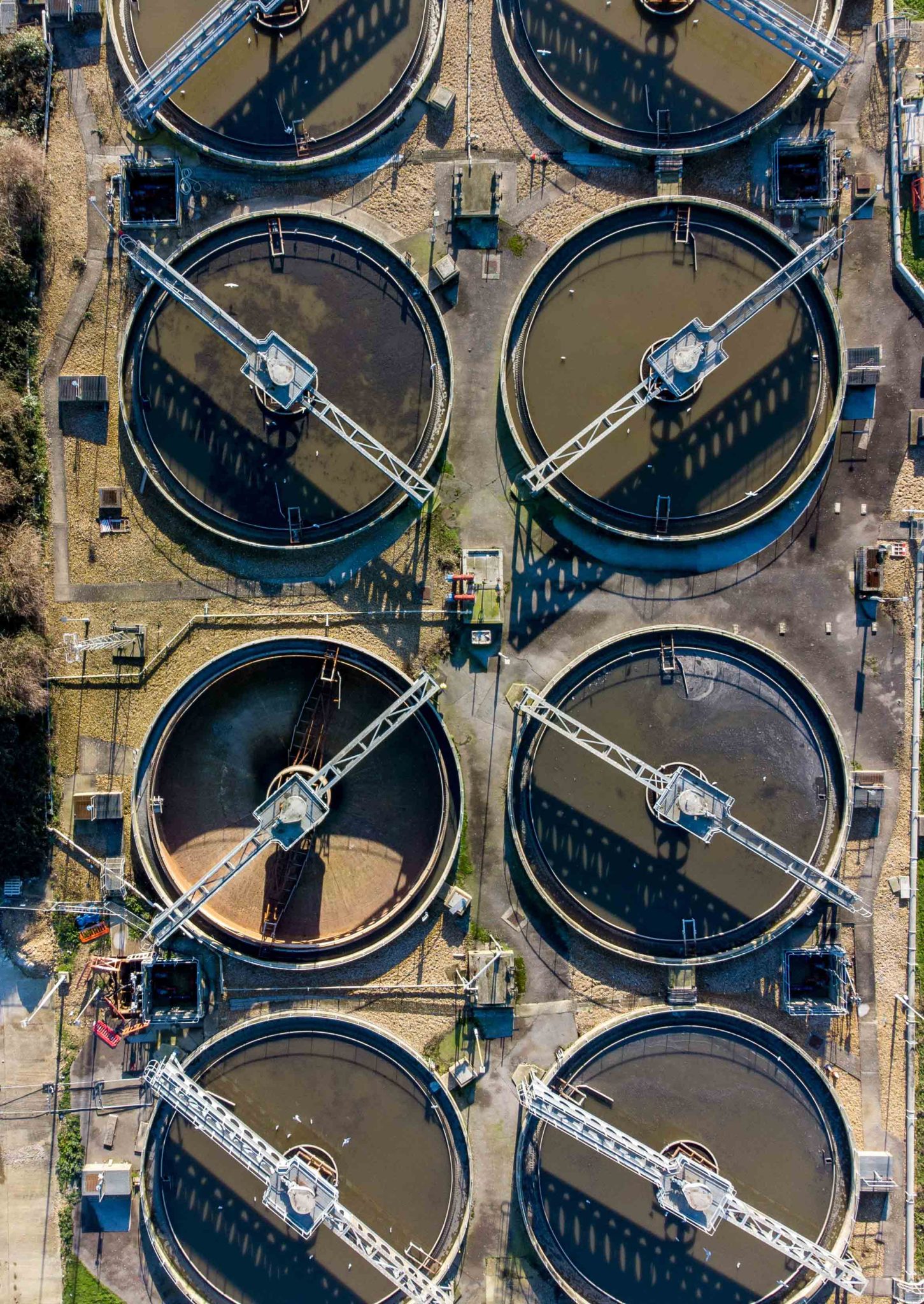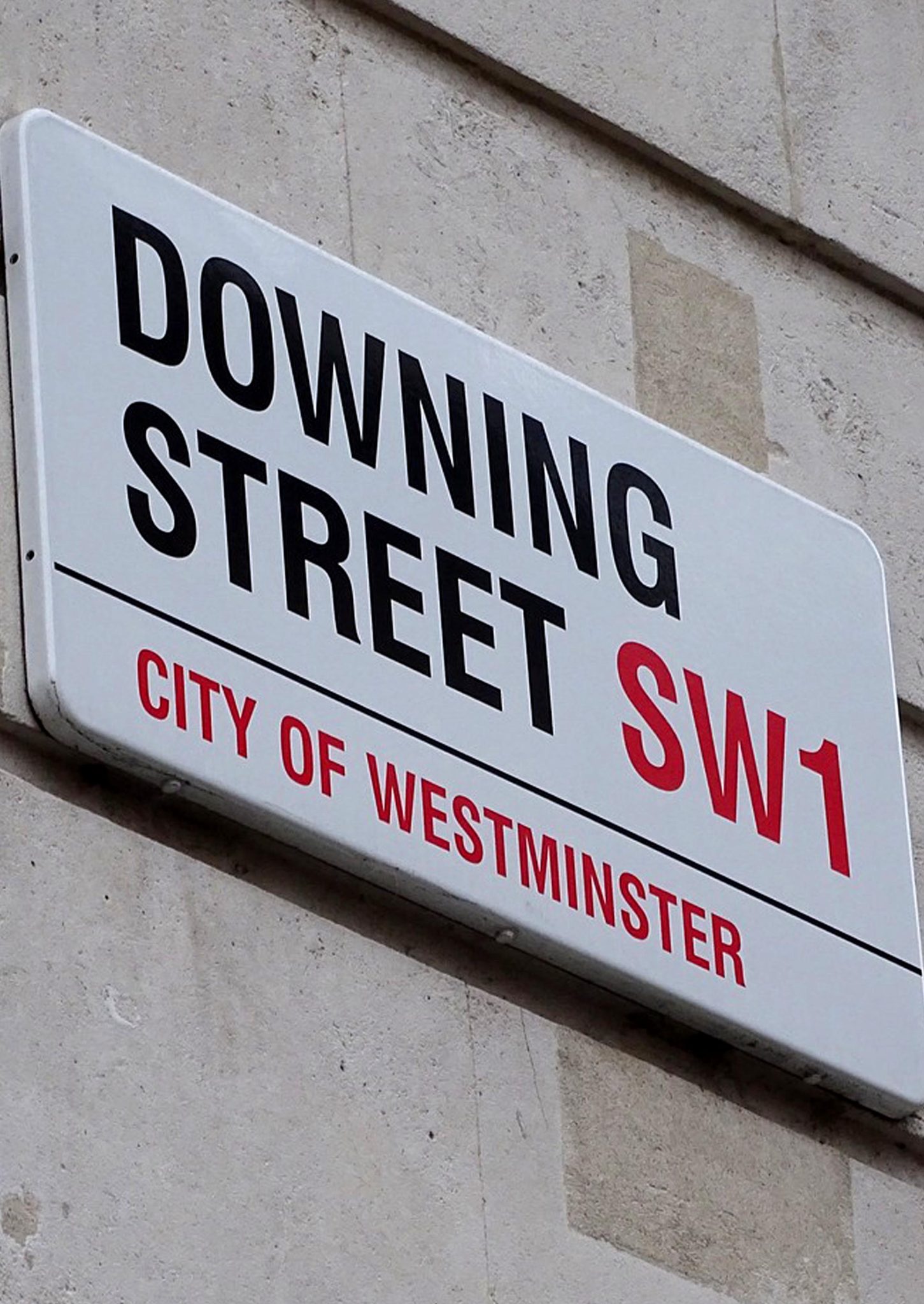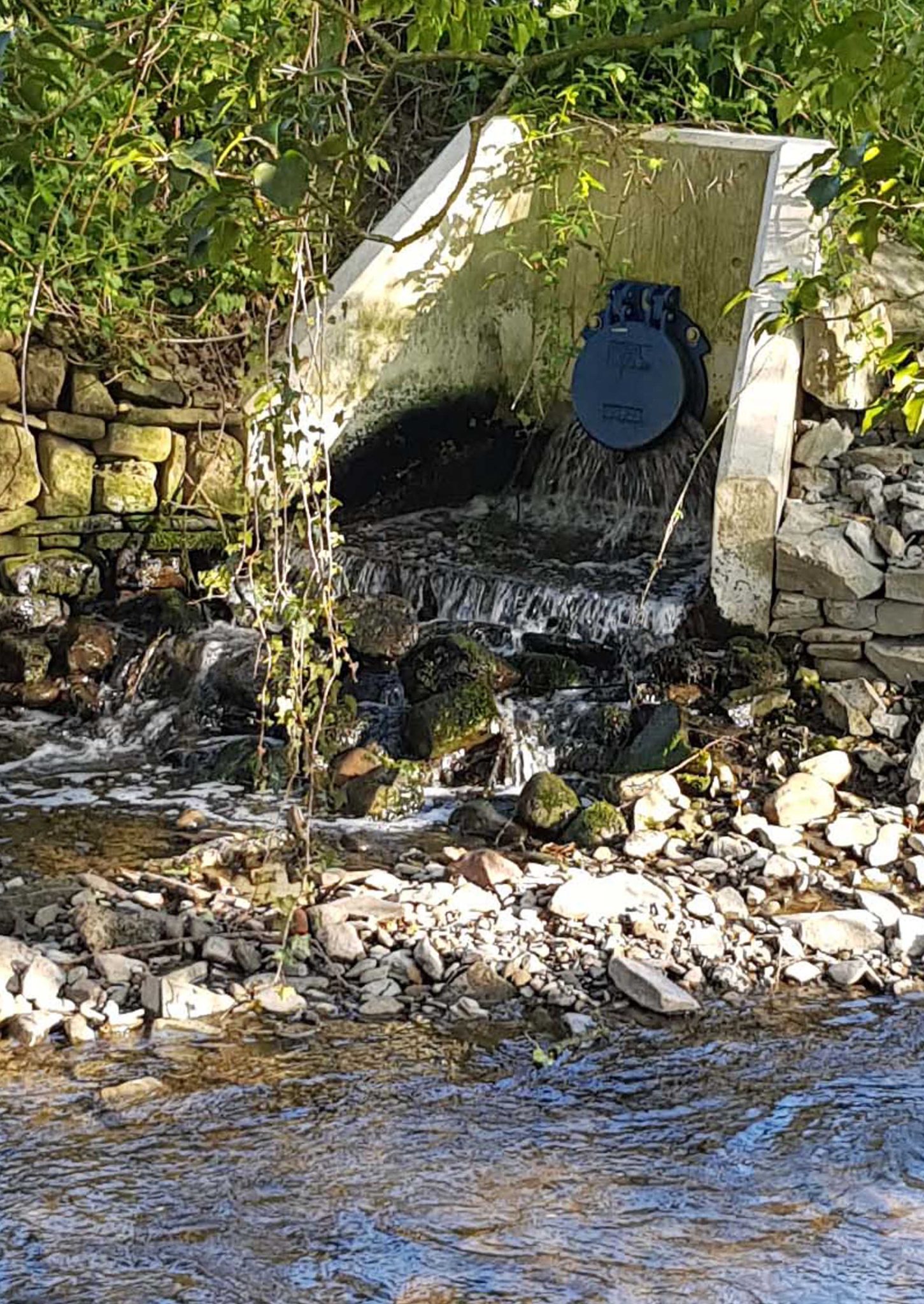The money spent on the Seine before the Olympics was never going to “clean up” the river in the long-term.
Water companies, regulators and Governments have assumed that low customer bills should be the focus without ever explaining that this means less invested in a cleaner environment.
If Welsh Water are fined more for poor performance in the future, where will that money go?
The cost of cleaning up rivers will be borne, either directly or indirectly, by the public.
Wednesday 21st August, 2024
The closing of the 2024 Paris Olympics is perhaps a good time to reflect on the fact that cleaning up our rivers isn’t as simple as some suggest. France spent nearly £1.2bn to ‘clear up’ the Seine and yet reports abounded of water quality failure, delays in triathlon events and poorly athletes during the Games.
The money invested, however, was never going to ‘clean up’ the Seine, but merely install significant concrete infrastructure to store stormwater during heavy rainfall events to attenuate discharge to a later time, but never to eliminate it.
Let’s put the investment proposed for Wales’s storm overflows into perspective. In August 2024, Ofwat published its Draft Determination for Welsh Water, the largest water company in Wales. The current Ofwat proposals would allow the utility a total of £5.2bn to fix everything in its operational area.
This amounts to £2.8bn in total for all wastewater services (treatment, sewer overflows, sewer replacement, maintenance) and of that, £728m to deliver improvements on sewer overflows into all rivers in Wales. That’s less than two thirds of the investment France spent on just one section of one river to support open water swimming for the Games.
The £1.2 billion spent on the Seine for the Olympics was never going to “clean up” the river. It merely built extra capacity to store storm water to be released it into the river at a later date. Despite this, the water quality was still poor during the games.
None of the investment (France or Wales) is delivering zero sewer discharges, far from it in fact. Despite, potentially, the joint highest water bill by 2030, the current Welsh Water investment allowed by Ofwat would still only secure a permitted target of an average of 27.8 “spills” per year, and that’s vastly below the reduction targets set for English water companies (16.4 average).
So, how have we reached this position?
For the last 10-15 years, the focus of Ofwat, Governments and the water companies has been on lower customer bills. It fitted a narrative of ‘this is what customers want’ without ever really asking them that or explaining that less would be spent on improving river health as a result. Meanwhile, the population has continued to grow and there have been higher and more extreme rainfall events all leading to ever-growing negative impacts on the water environment due to this catastrophic underinvestment.
The objective of water companies, regulators and Governments has been to keep bills to as low as possible, without telling customers that this means less spent on keeping rivers clean.
The economist Sir Dieter Helm recently looked at how Thames Water could get out of their spiral. And in a rush to show political action, the UK Government and Ofwat have put forward a raft of new penalties on the water companies: much larger fines for poor performance; lower dividends; caps on staff salaries; no bonuses”¦”¦ the list goes on.Â
Here in Wales, it’s not straightforward. For a not-for-profit water company such as Welsh Water, with no shareholders, no dividend payments, already lower executive salaries, what will this mean? None of the new penalties in England will help a ‘lagging’ 2-star rated Welsh Water deliver the environmental performance that we need to see.Â
Ironically, they may be a hinderance. Every year Welsh Water can’t meet the tightened performance target, the penalty gets bigger. So, for Wales, the potential for re-investment in environmental improvements may actually get less (or just top up the Treasury in England with no overall benefit to Wales).
The objective of water companies, regulators and Governments has been to keep bills to as low as possible, without telling customers that this means less spent on keeping rivers clean.
The periodic review process is now moving into its eighth cycle. The process hasn’t fundamentally changed since the first, but we can’t help reflecting that the process hasn’t delivered. Every water company is currently under investigation. It’s a failure of historic economic regulation. Why is Ofwat acting only now? Why wasn’t the deteriorating performance of the water companies recognised much sooner and the investment process addressed?
Water companies remain delivering against a regulatory platform in which the number of spills dictates whether a storm overflow is addressed, not its effect on the environment of the receiving river. Can we truly deliver the long-term sustainable strategic plan needed when we constrain ourselves to a five-year cycle? Why are our financial and environmental regulatory processes separate – do we prioritise the environment or economics?
The impacts to our rivers go beyond issues under the remit of water companies, and need far greater participation from many organisations. Yet the cost-benefit applied is limited to within the water company remit which tends to result in the more traditional quick-fix, end of pipe solutions. And whilst the water company gets on and fixes its contributions, we don’t see the same principles being applied across all the other contributions to pollution, despite the existing requirements for the “Polluter Pays” principle.
We now have a situation where water companies must prioritise resolving those storm overflows that spill most frequently, not those that cause the greatest environmental harm.
Restoring clean and healthy rivers will need a new regulatory approach for Wales, one which accommodates our legislation and policy being quite different to England. And one which recognises that regardless of whether it is the water company bill, the price of food at the supermarket, the grant systems to farmers, the money required for economic and environmental regulation, the cost of cleaning up rivers is all borne by the public, either directly or indirectly through taxation.
It cannot be ignored that the state of rivers in Wales and across the UK is now among the main issues that Governments need to address. But if we truly want to see real progress in tackling the many issues relating to the operation of our water companies we need a radical rethink as to how we plan, fund and deliver the necessary investment to create a water infrastructure fit for the 21st century.




